On March 18, 2019, Florida Governor Ron DeSantis legalized smokable cannabis. When he took office in January, he made it a priority to find a solution to allow for smoking.
Over 70 percent of Florida voters approved medical marijuana in 2016…I have honored my commitment…to dismiss the state’s appeal…which had held the prior law to be unconstitutional.
—Governor DeSantis, statement to media
Low-THC medical cannabis was legalized in Florida in 2014 and full-strength “medical marijuana” was legalized in 2016. Former Governor Rick Scott signed the state’s first medical cannabis bills into law.
The ban on smokable cannabis was instituted in state statute by the Florida Legislature. It specifically stated that all forms of cannabis were allowed except for smoking. In a November 2016, a constitutional ballot initiative was supported by 71.3-percent of Florida voters. The authors of the amendment intended for it to encompass all forms of medical cannabis. Many Florida voters, when they approved the measure, also believed it encompassed smoking medical cannabis.
It’s this constitutional amendment that Governor DeSantis honored on Monday by signing the Legislature’s new law expanding access to smokable cannabis for Florida patients.
What does this law mean for patients?
It means more choice for physicians and patients when it comes to cannabis treatment options. But, there are still some things that need to happen before physicians can recommend smokable cannabis.
Keep reading to learn exactly what has to happen first.
What exactly does the law specify?
Qualified physicians now have the option to recommend smokable cannabis to patients. Florida physicians and patients should be aware of two things:
- The law’s specifications
- The numerous processes that must take place before smokable cannabis can be obtained.
Let’s break down the conditions and limitations:
- Purchase Limit. The maximum purchase limit is 2.5 ounces every 35 days. Six recommendations can be made before the patient must visit the physician again after 210 days.
- Possession Limit. Possession limit is capped at 4 ounces.
- Cannabis Delivery Devices. Cannabis delivery devices are no longer required to be purchased from licensed medical marijuana treatment centers (MMTCs). If the smokable product is not already provided in a pre-packaged pre-roll, patients may purchase a cannabis delivery device of their preference. If a cannabis delivery device is purchased from an MMTC, that device must have an appearance consistent with medical use.
- Pediatric Patients. If a qualifying patient is under the age of 18, that patient may not be recommended smokable cannabis unless they are deemed terminally ill. If they are terminally ill, a physician may recommend a smokable route of administration for the pediatric patient in concurrence with the determination of a second physician who is a pediatrician.
- Administration Limitations. Even if it is low-THC cannabis, medical cannabis may not be smoked in any public place, on the grounds of any school or correctional institution, or in/on any form of transportation. However, a caregiver may assist with the medical use of cannabis, smokable or otherwise, in a nursing home facility, a hospice facility, or an assisted living facility, if the medical use of cannabis isn’t prohibited in the facility’s policies.
- Product Packaging. Smokable cannabis must be packaged in a sealed receptacle that is plain, opaque and white. This receptacle must have a legible and prominent warning to keep away from children, and a warning that states cannabis smoke contains carcinogens and may negatively affect health. It cannot have depictions of the product or images other than the MMTC’s logo and the Florida Department of Health’s (FDOH) marijuana universal symbol.
So, smokable cannabis is legal. Now what?
Governor DeSantis’ signature put the new law into immediate effect. However, smokable products must first be approved by the Florida Department of Health (FDOH) before they are available to be dispensed by licensed Medical Marijuana Treatment Centers (MMTCs). The development is outlined below and can be tracked on the OMMU’s website: https://knowthefactsmmj.com/
- MMTCs submit their proposed smokable products to the FDOH for approval.
- FDOH updates MMU Registry to accommodate a smokable route of administration for qualifying patients, among other items.
- The Board of Medicine and the Board of Osteopathic Medicine’s Joint Committee on Medical Marijuana will be considering amendments to the existing informed consent form at the Board of Medicine’s April 4th meeting. Information about this form can be found at: www.flhealthsource.gov/mum
- Once approvals and processes are in place, MMTCs will be able to provide smokable products to qualifying Florida patients.
If a patient and physician decide together that smoking cannabis is the best method of treatment, three important things need to happen:
1. The physician must include smokable cannabis in the patient’s certification.
2. The physician must submit documentation to the Board of Medicine or Board of Osteopathic Medicine that includes:
- Other routes of administration tried by the patient.
- The length of time they tried those alternate routes.
- A summary of the effectiveness of those alternate routes.
- Research that documents the effectiveness of smoking to successfully treat patients who suffer from the same qualifying condition as the patient for whom the recommendation is being made.
3. The patient will have to sign the updated consent form that includes the risks of smoking. This consent form can only be signed by the patient, in-person, with their physician
.svg)





.jpg)




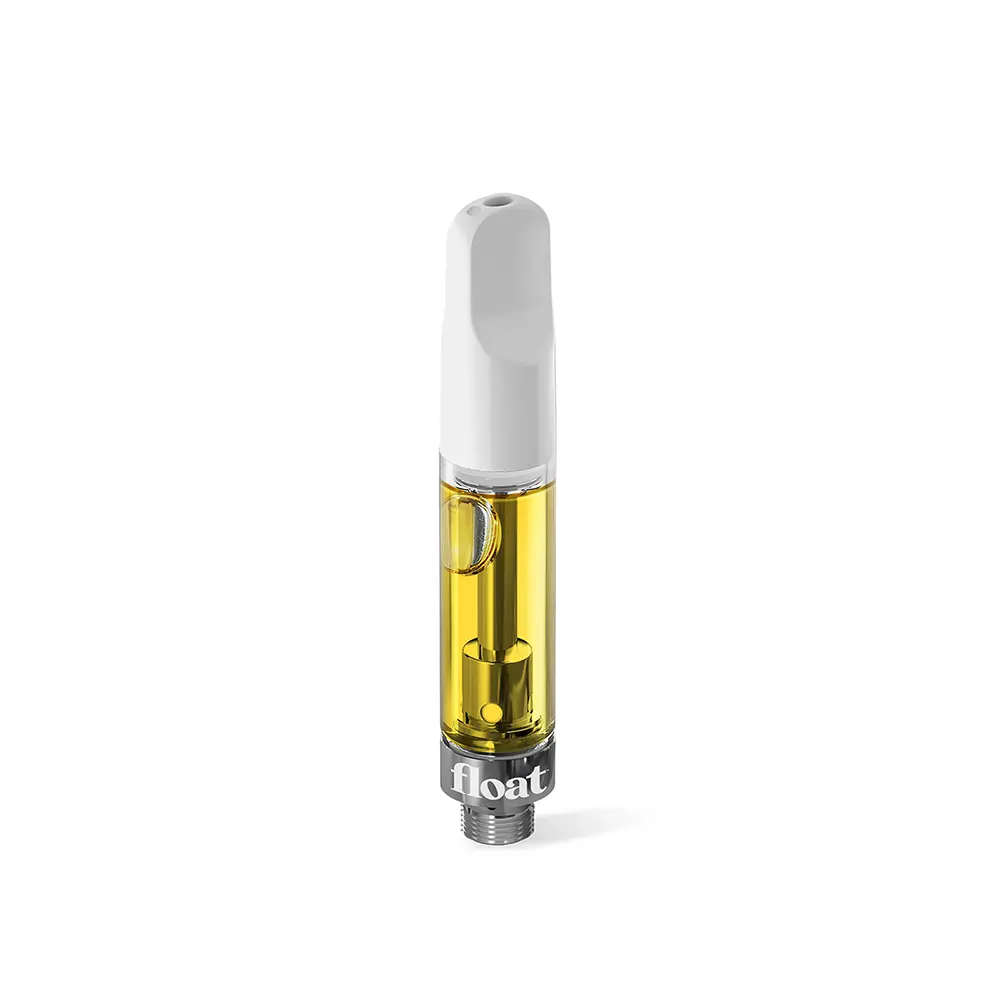
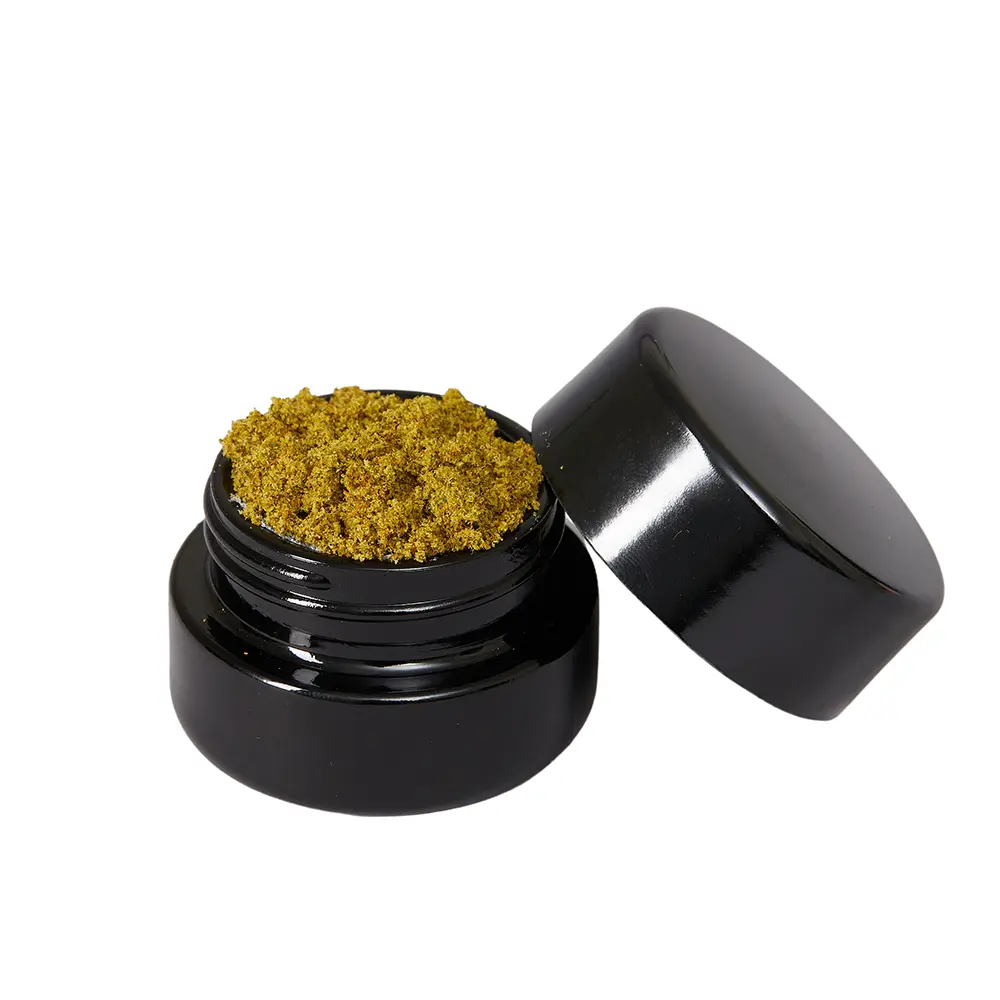
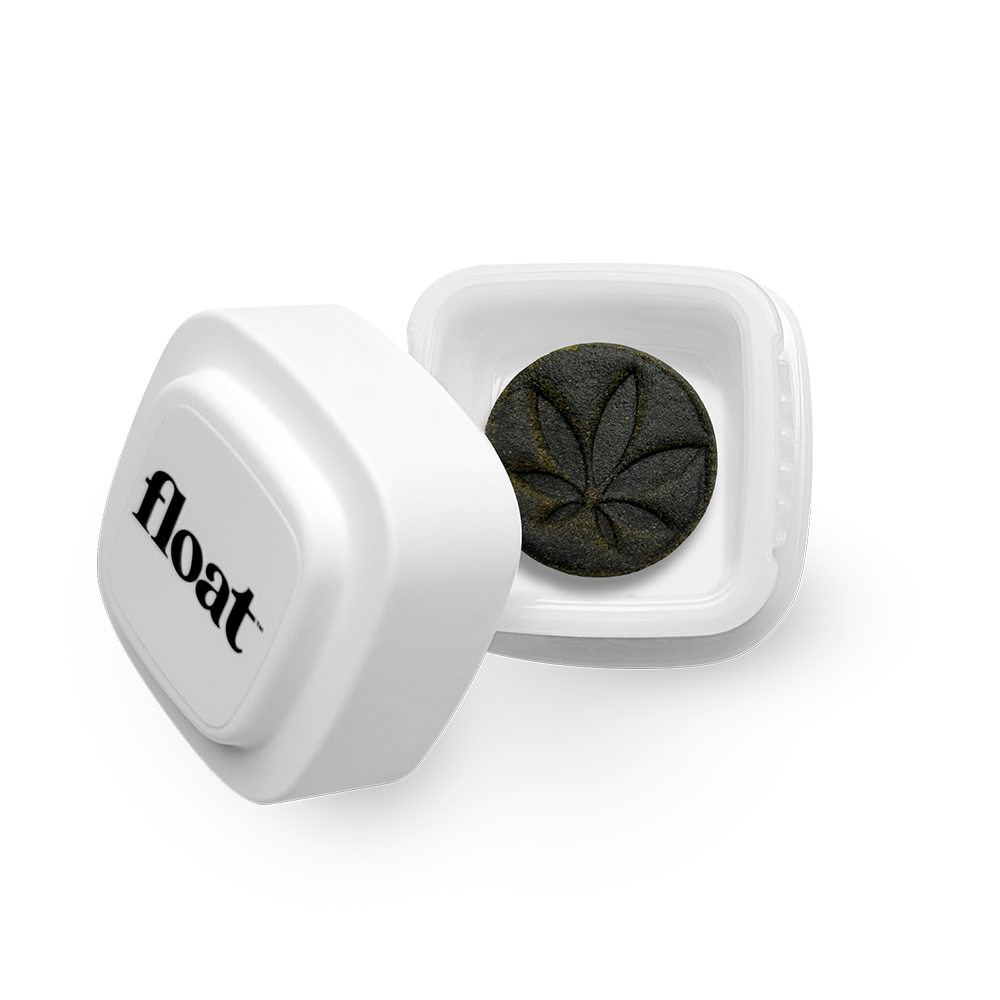

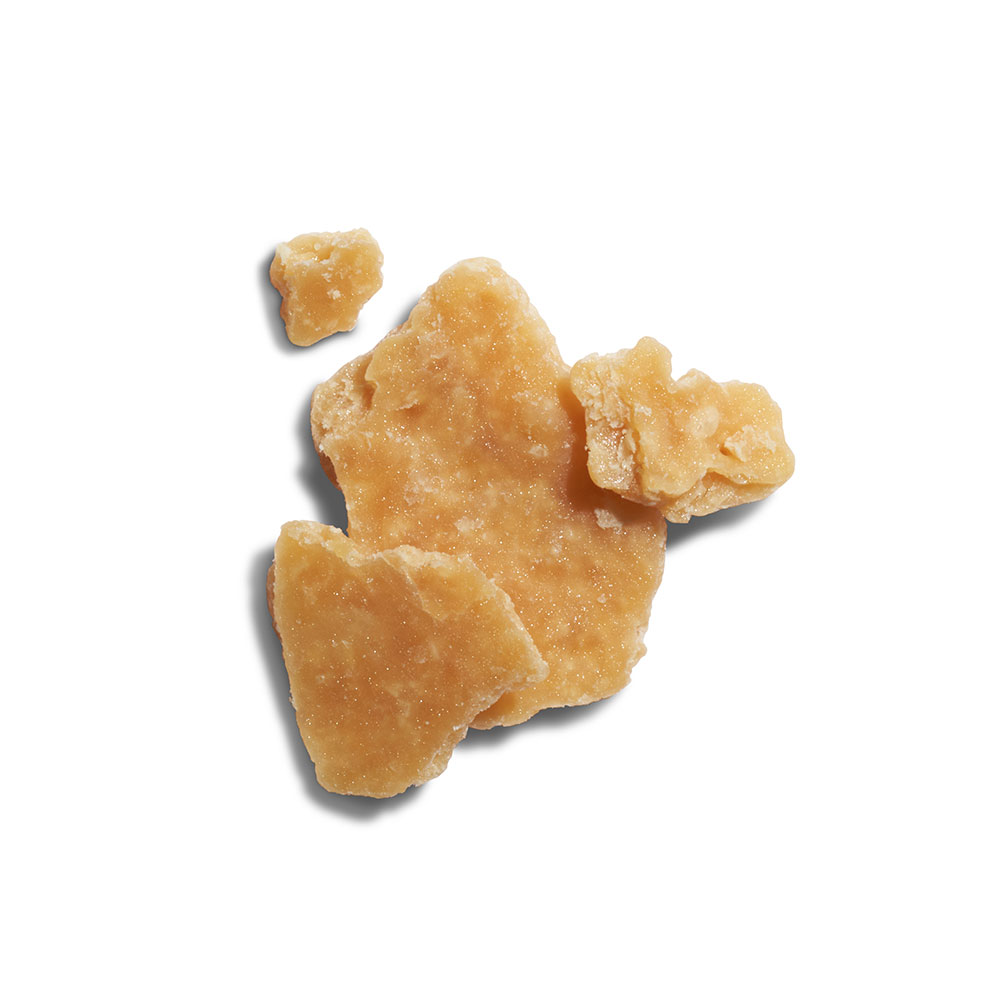
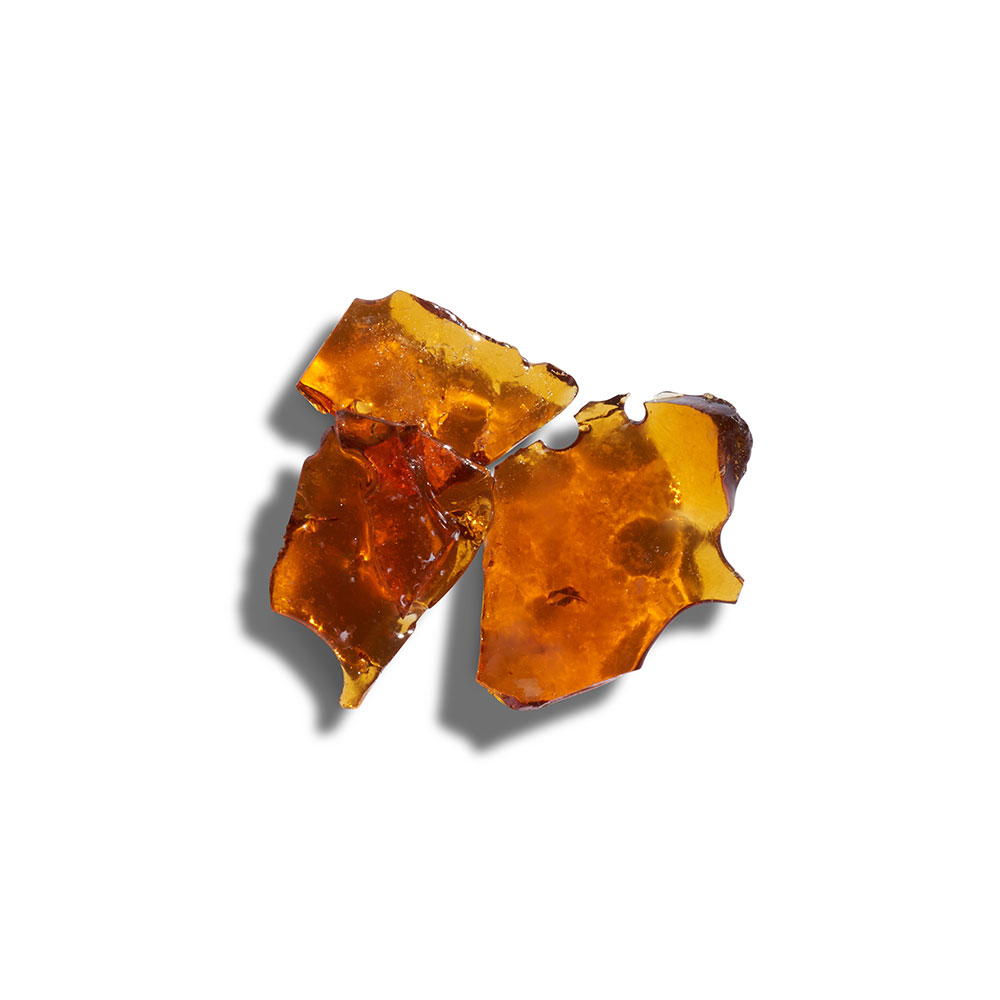
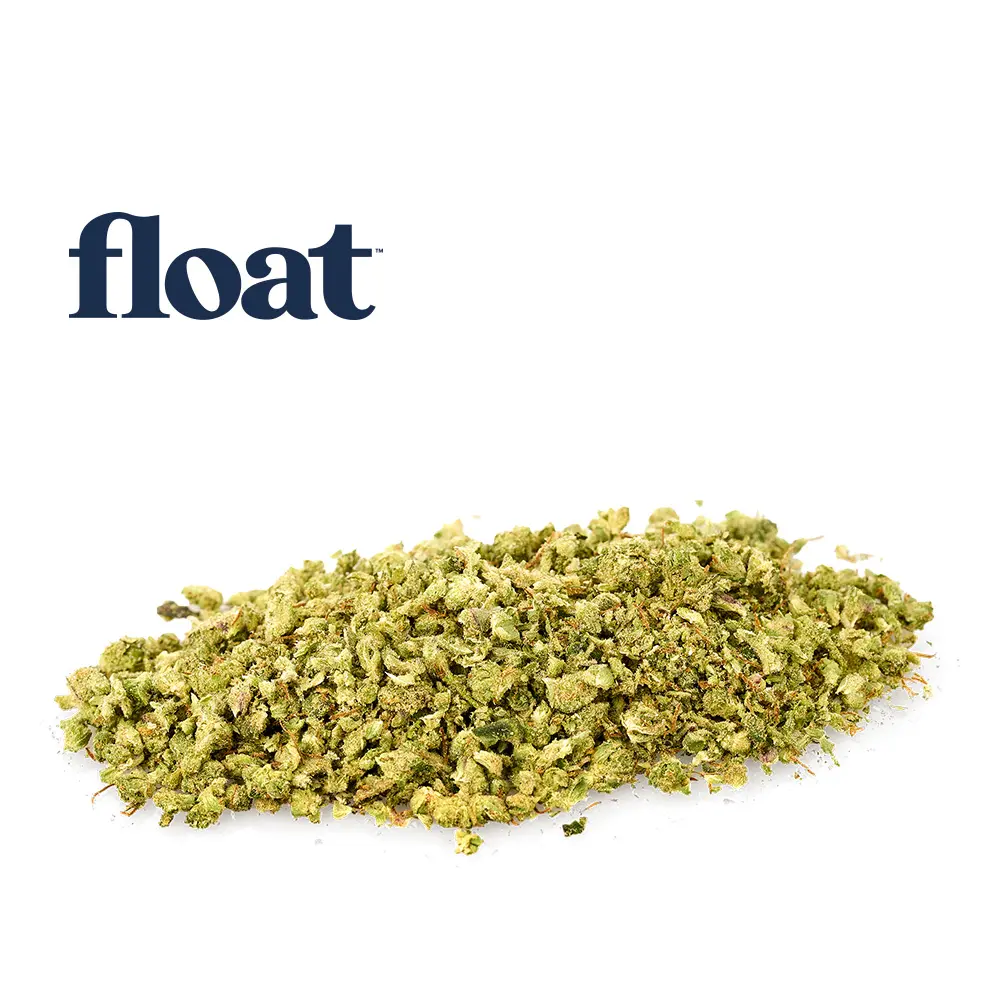
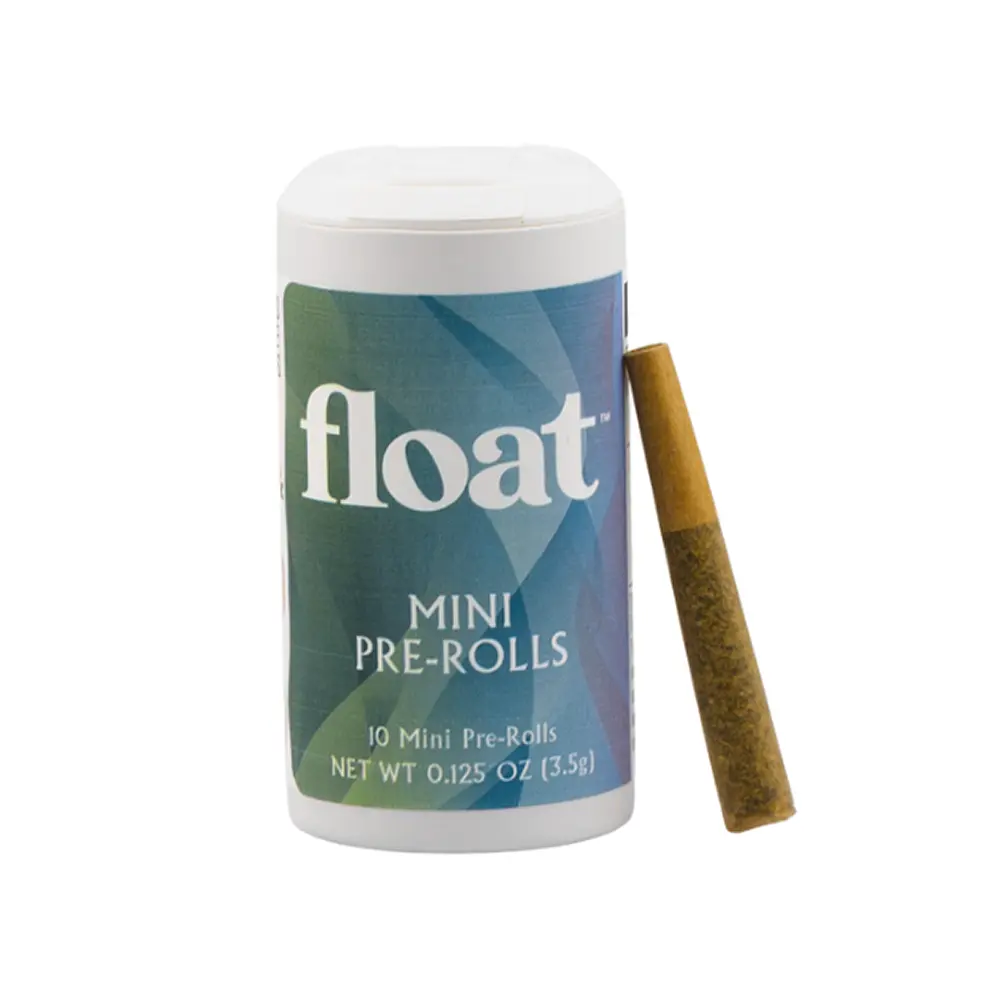
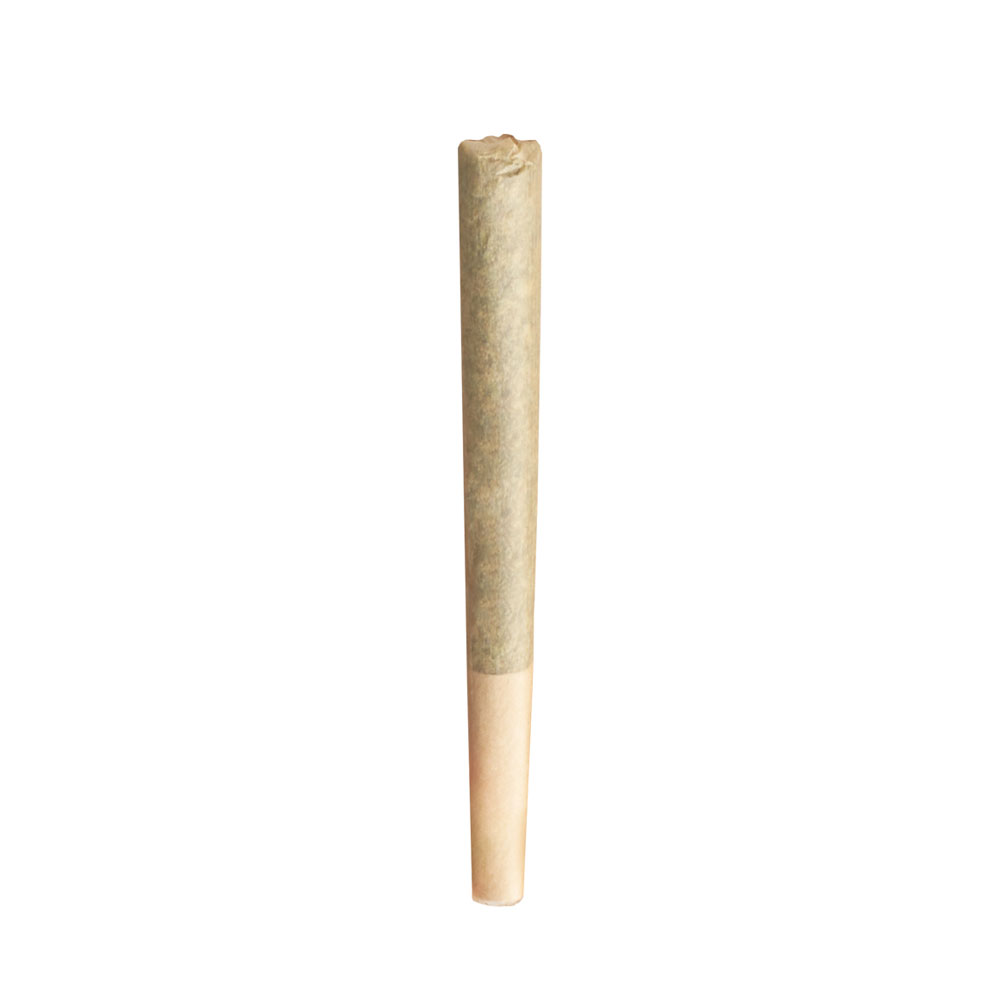

.webp)
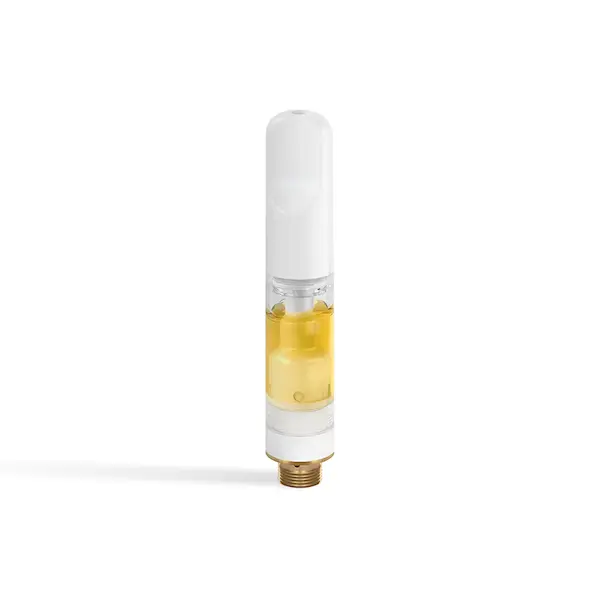
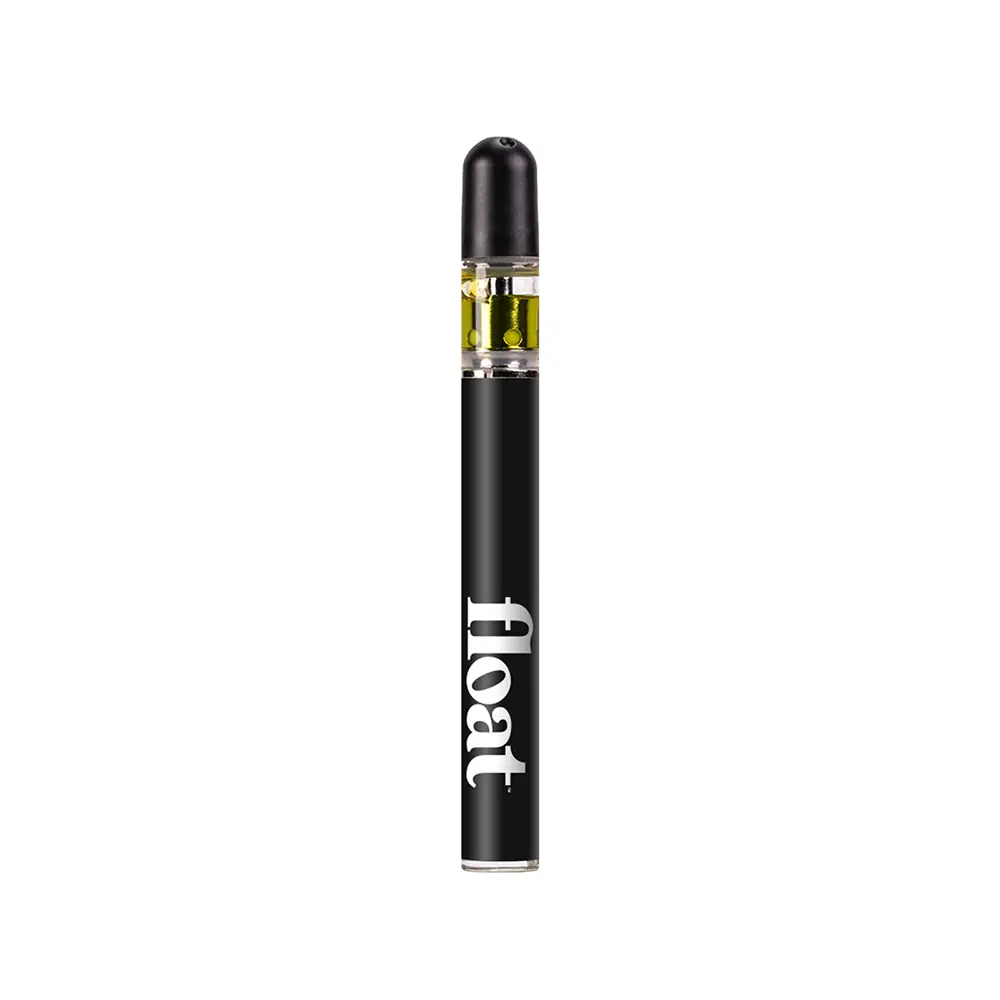
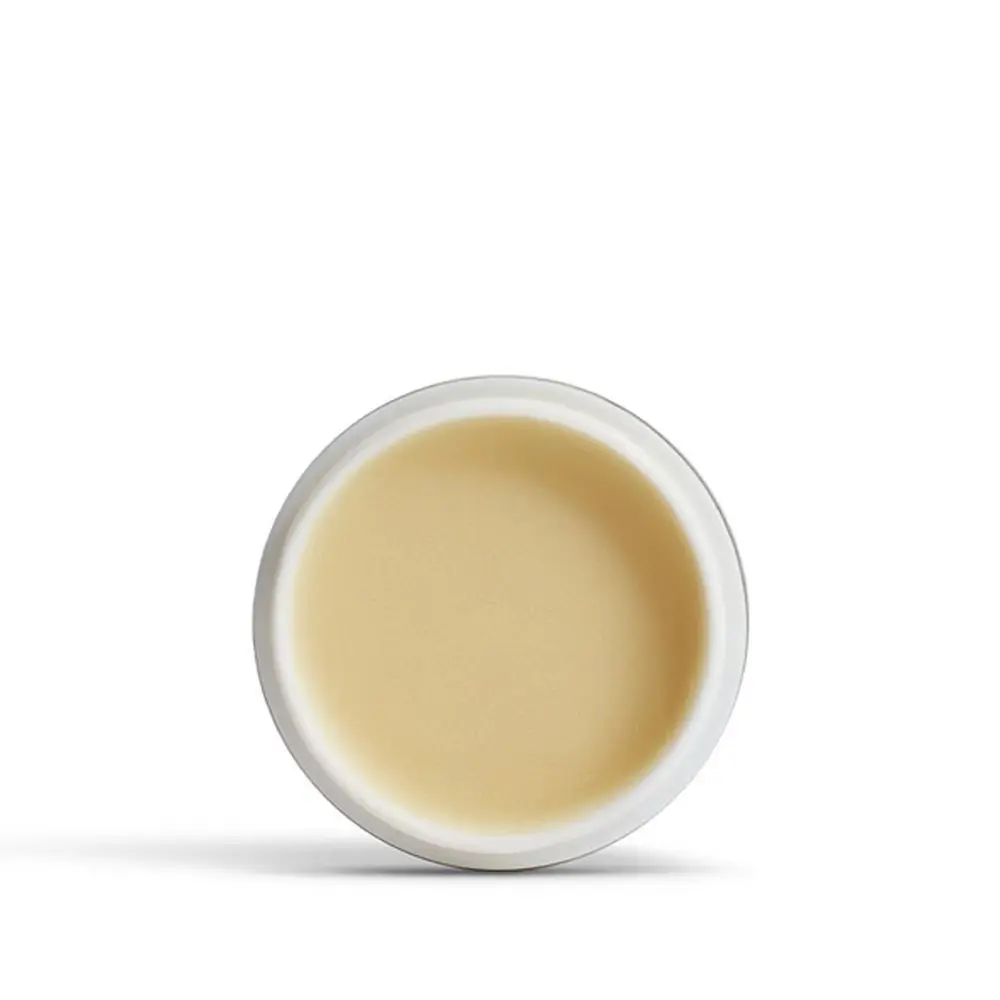

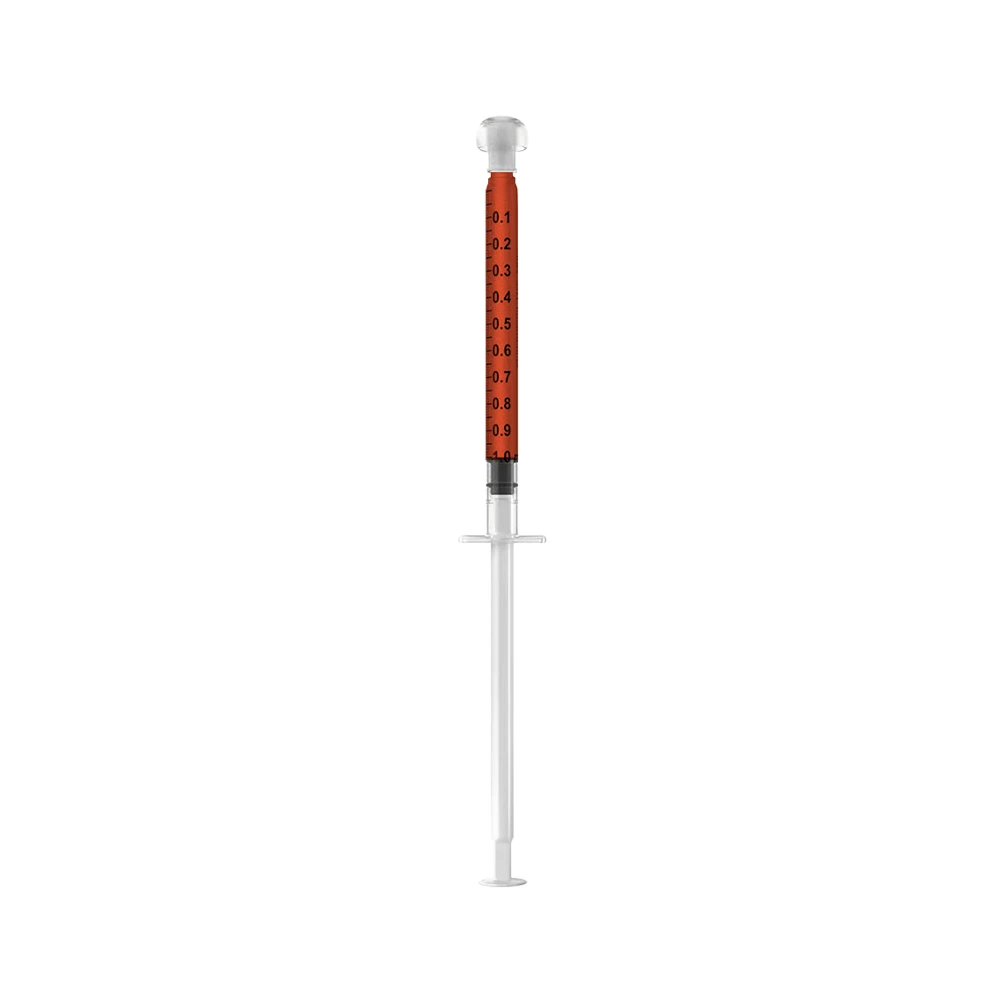

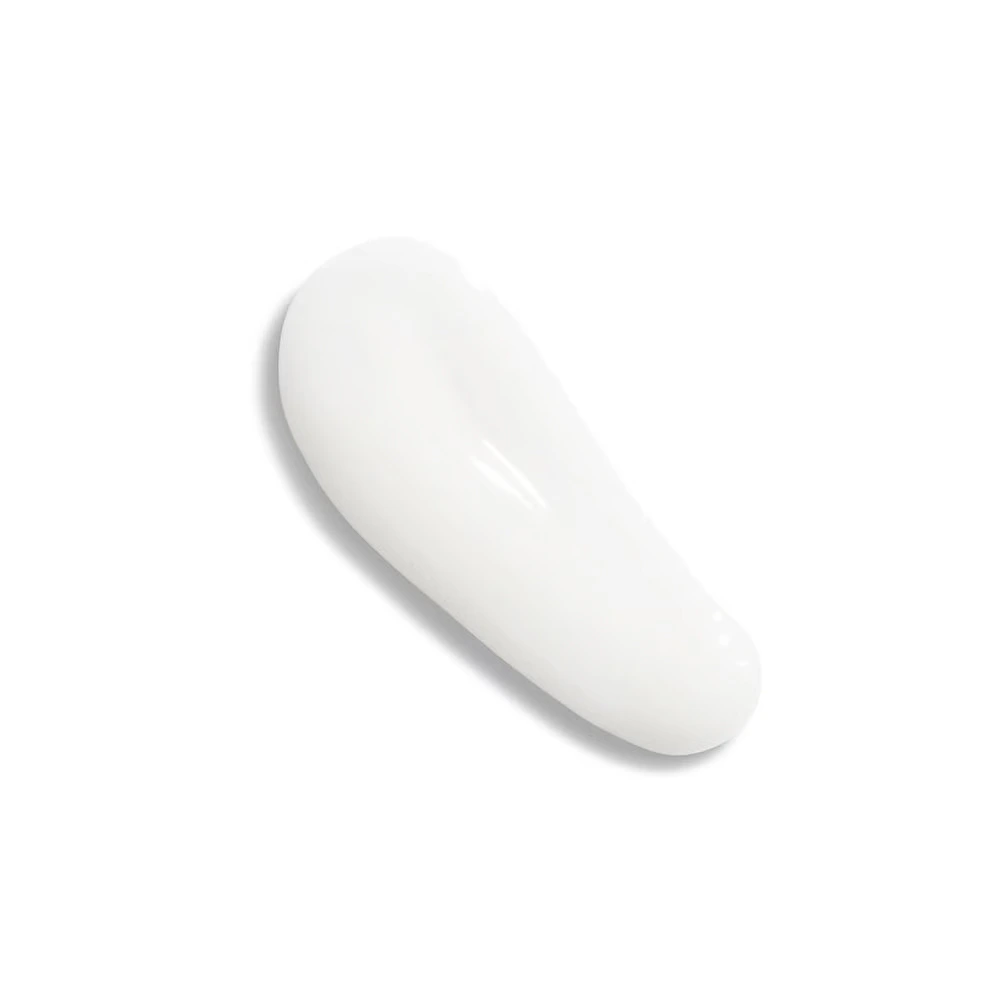
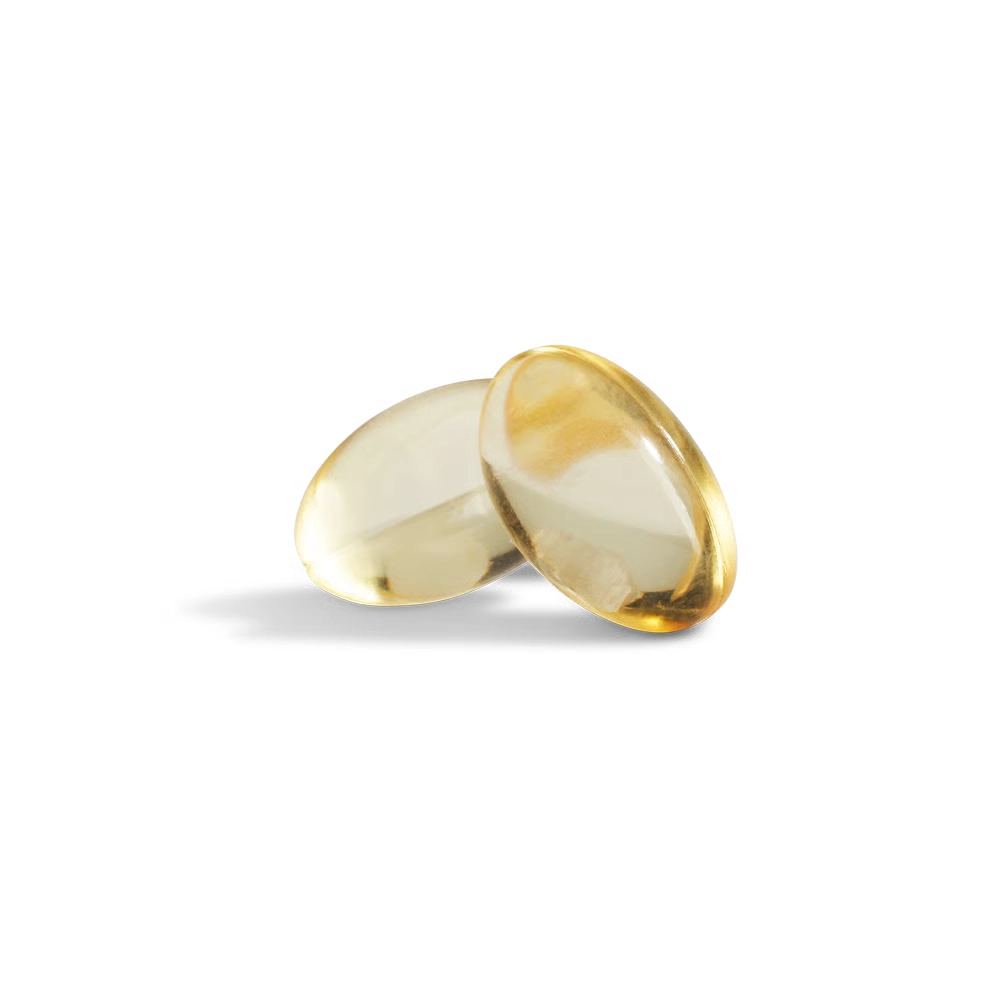
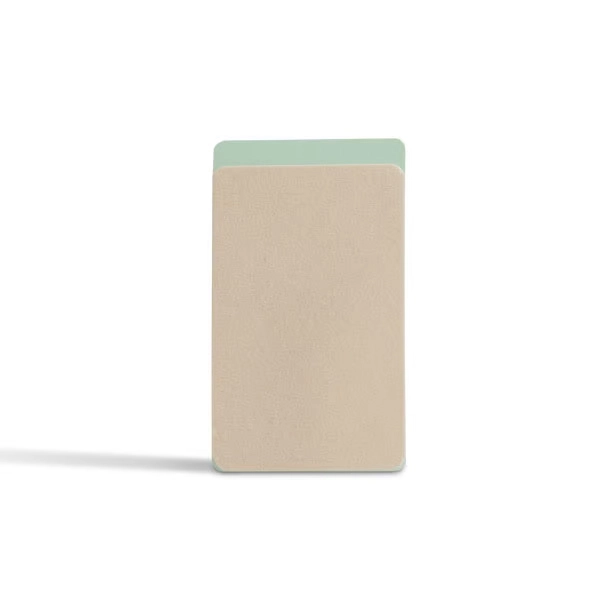

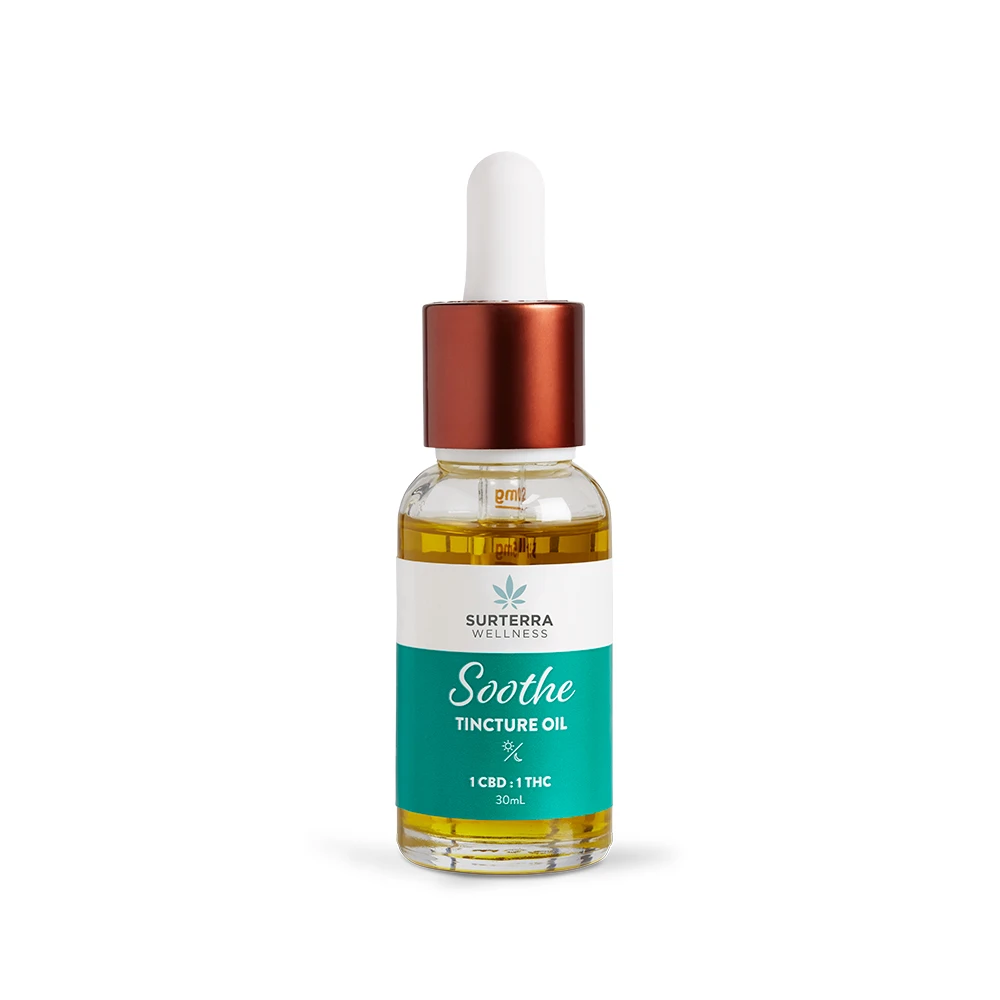
.webp)




.webp)
.webp)
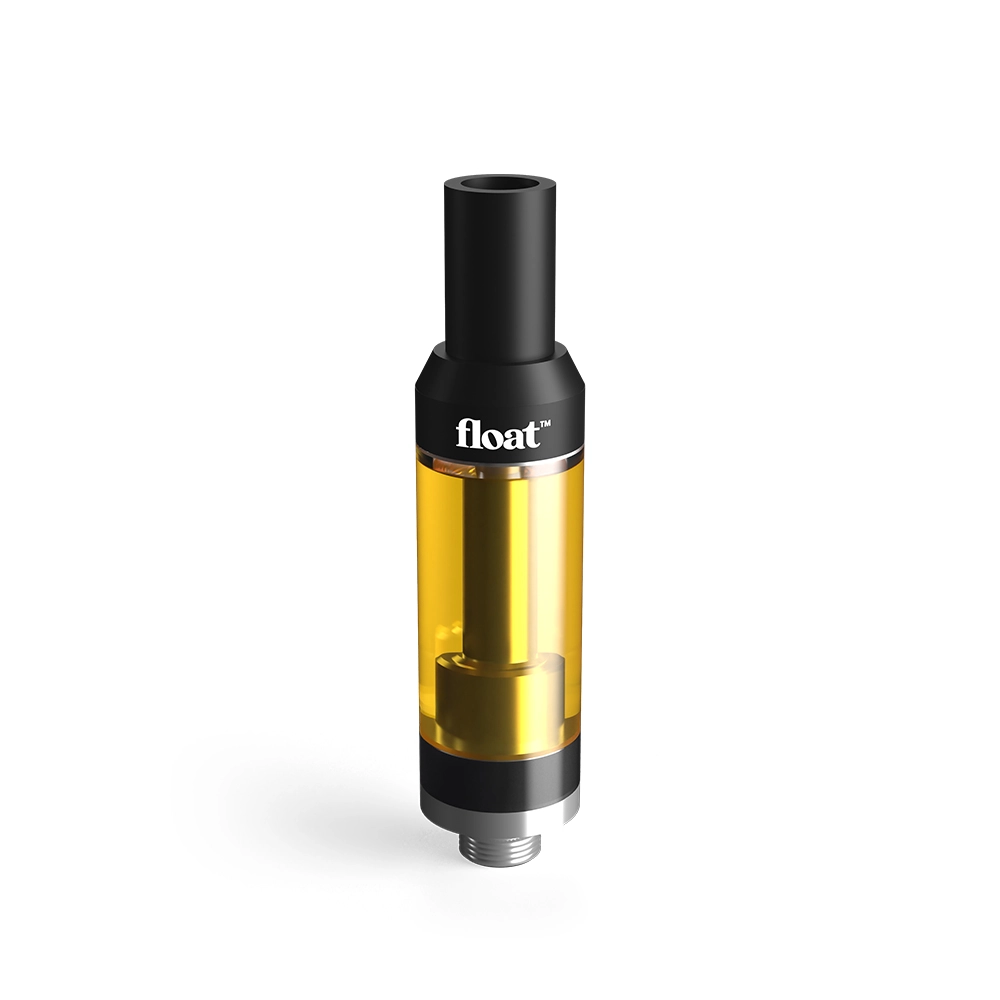
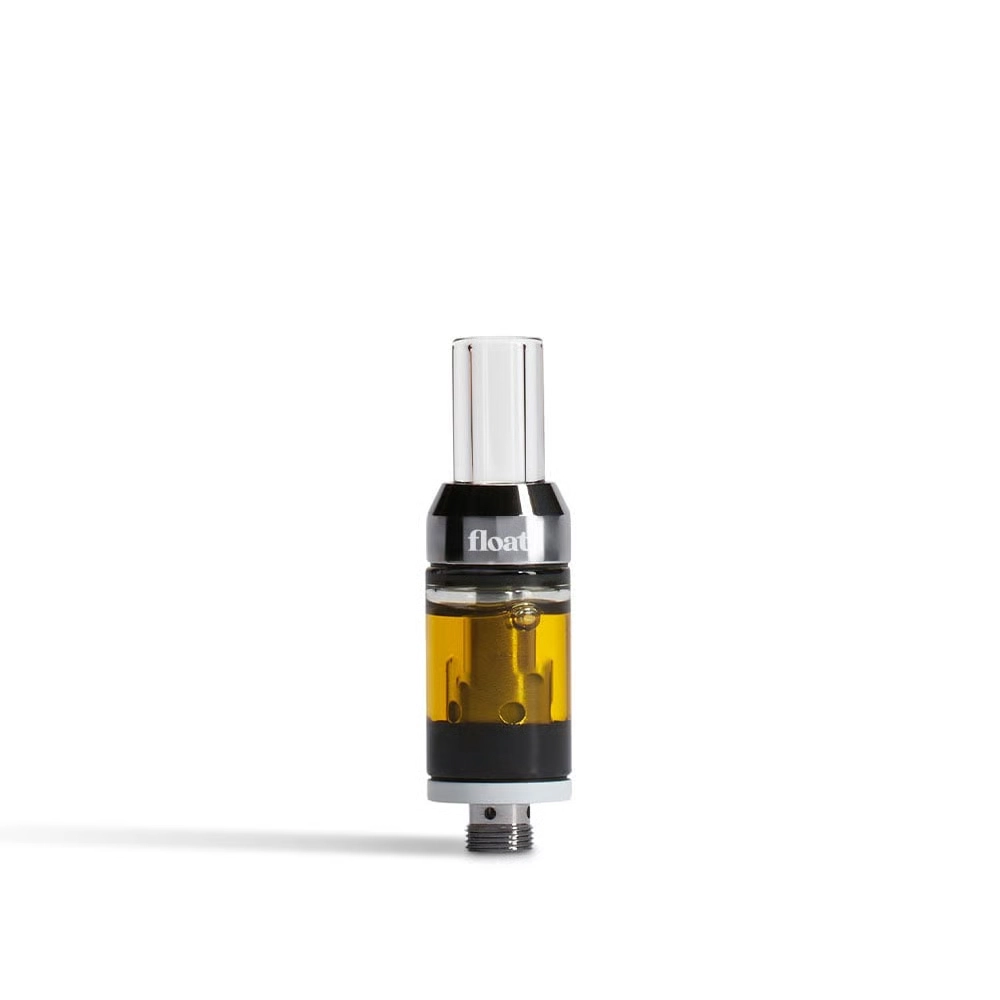

.jpeg)
.webp)











.webp)



